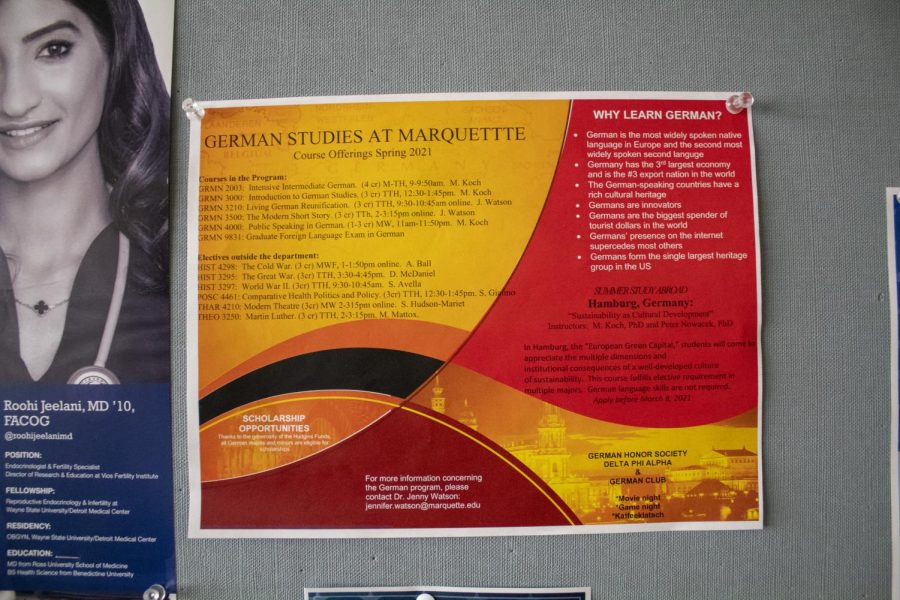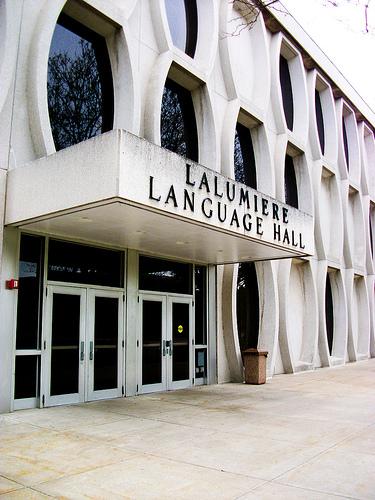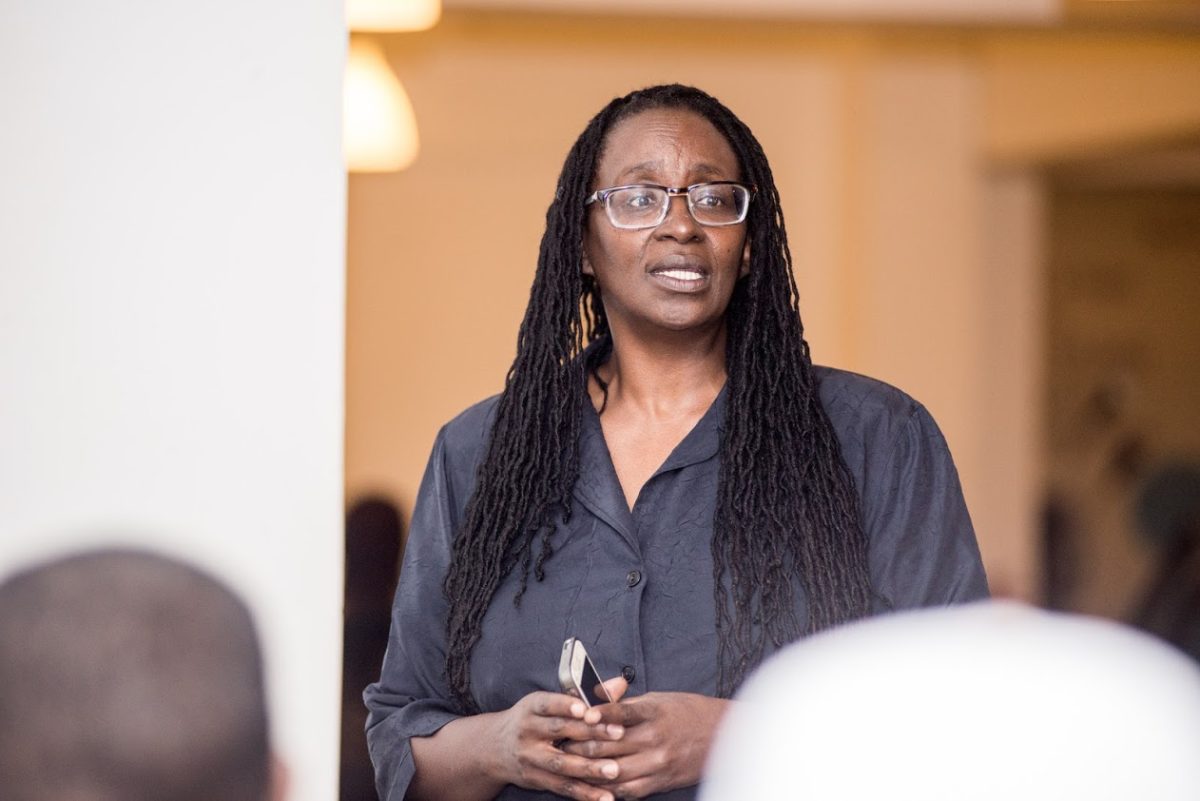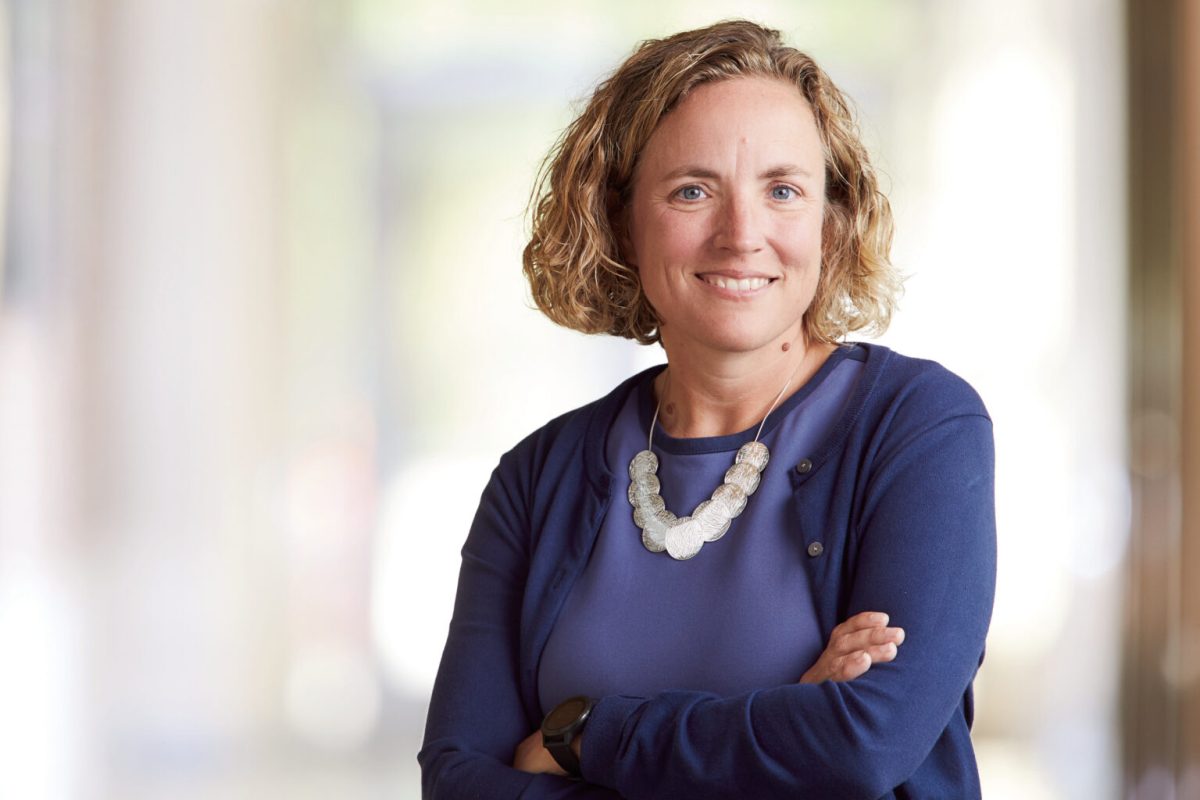 During a senate meeting last week, Marquette University Student Government passed a resolution on faculty advising and commended Provost John Pauly on his commitment to work with the Academics Committee of the senate to improve the advising system. We agree that improving faculty advising is necessary and would like to note where we see areas of possible advancement.
During a senate meeting last week, Marquette University Student Government passed a resolution on faculty advising and commended Provost John Pauly on his commitment to work with the Academics Committee of the senate to improve the advising system. We agree that improving faculty advising is necessary and would like to note where we see areas of possible advancement.
The Spring 2012 Final Report on the State of Undergraduate Academic Advising at Marquette University showed that a quarter of all students are dissatisfied with their experience with advising at Marquette.
Not every faculty member is likely qualified or equipped to be an advisor. Students in the College of Arts & Sciences have access to the college’s advising center with professional advising staff. Then, after students declare a major, the college places them with a faculty advisor in their area of study.
In an interview last spring, Associate Dean of the College of Communication Joyce Wolburg said all faculty in that college can act as advisors. These advisors typically only see their students for advising twice a year when scheduling classes.
“There is no way to learn (advising),” Wolburg said at the time. “You can read the lists, you can read the material, you can read the requirements, and then inevitably somebody’s going to come to you with an exception.”
Most students in the College of Communication are placed with an advisor based on year and major. For example, all sophomore advertising students will have the same faculty advisor. For larger and more popular majors, this makes it difficult for an advisor to get to know her or his students.
Students need more efficient advising in order to stay on track. It can be complicated to know where you stand with credits, especially when there is a confusion about what to pursue as a possible double major or minor and what would fill those requirements. Not only would falling off track cause frustration, but most students cannot afford to stay an extra semester or take a class they later find out they did not need to take.
MUSG’s resolution calls for establishing clear expectations of what students and advisors can expect from an advising session and provides suggestions to enhance the experience. It seeks to help show students how to use scheduling software in Checkmarq so that students can benefit from the system’s features. It also strives to “explore options to lengthen the advising period beyond one week to increase time for more meaningful advising meetings and increase communication between the many academic advisors students have on campus.”
MUSG Senator Sam Schultz, a junior in the College of Arts & Sciences and chair of the Academics Committee for MUSG, said MUSG has been looking into advising since 2008, and especially in the past three years.
Schultz said that Marquette, outside of the professional advising staff in the College of Arts & Sciences, relies mainly on faculty advising, but MUSG hopes to improve advising by offering more training and tools without adding extra burdens of work for faculty.
“Marquette is in this strange position where no one is trained to do advising (except professionals in the College of Arts & Sciences advising center),” Schultz said.
MUSG also recommended that the Office of the Provost act on these solutions in a timely manner so that students can see a change before graduation.
Schultz also pointed out, though, that advising is a two-way street, and students need to come prepared to advising session and put forth efforts to better the process.
We suggest students also use other campus resources, such as mentor programs, the Career Services Center and other faculty members to supplement advising sessions.
In accordance with our editorial mission, we urge Marquette’s administration to take this student input into account when evaluating the advising process and to keep students informed on the progress.











